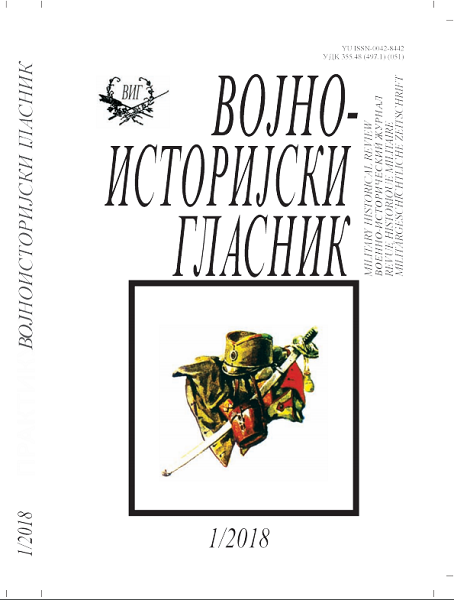МОСКВА–ХАНОЈ–БЕОГРАД: ОСОБЕНОСТИ ИЗГРАДЊЕ ОДНОСА У УСЛОВИМА САЗРЕВАЊА ДРУГОГ РАСКОЛА СВЕТСКОГ СОЦИЈАЛИСТИЧКОГ СИСТЕМА (1957–1964)
Moscow-Hanoi-Belgrade: the peculiarities of creating relationship under the second split of the global socialist system (1957-1964)
Author(s): Igor SelivanovSubject(s): Diplomatic history, Post-War period (1950 - 1989)
Published by: Institut za strategijska istraživanja
Keywords: soviet‐vietnam relations; soviet‐yugoslav relations; soviet‐chineese conflict; Tito; Chruschov; Brezhnev; Ho Shi Min; Le Zuan
Summary/Abstract: The issue of relationship among the Soviet Union, communist Vietnam and Yugoslavia after the 20th Communist Party Congress to the overthrow of Nikita Khrushchev in the fall of 1964 has been revealed in the article. While studying the theme of the investigation, the author has used the data taken from the Russian and Serbian archives. The Soviet authorities was interested in strengthening all‐round relationship among the socialist countries but the past experience still influenced greatly the opinion on Yugoslavia in the socialist world, it caused a new step in opposition between Moscow and Belgrade. In that situation Hanoi preferred to sit on the fence which was determined, firstly, by its leaders’ short‐time interests wishing to unite Vietnam under communist reign regardless of the cost. This task was formulated as the prior one. Moscow’s interests were ignored, but Moscow wished to continue weakening the sharpness with West which would have been practically impossible due to entanglement of the USSR into a new conflict concerning Indo‐China. The overthrow of Nikita Khrushchev in the fall of 1964 in the Soviet Union drew a line under ideological side of disputes between Moscow, Hanoi and Belgrade, the relationship inside this triangle broke new ground. Ho Chi Minh needed financial and moral support from the USSR and Yugoslavia during the Indo‐Chinese War II, and he got it. Ideological side gave place to pragmatic interests which were different in every country. In the article we show development of Soviet‐Chinese conflict which is directly connected with different estimations of the decisions taken at the 20th and 22nd Communist Party Congresses, the estimations which were given in Moscow and Beijing. Belgrade took the Soviet Union’s position on this question, and Hanoi tried „to swim” between the USSR and China.
Journal: Vojnoistorijski glasnik
- Issue Year: 2018
- Issue No: 1
- Page Range: 160-182
- Page Count: 23
- Language: English

